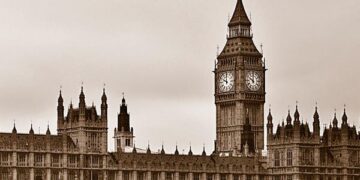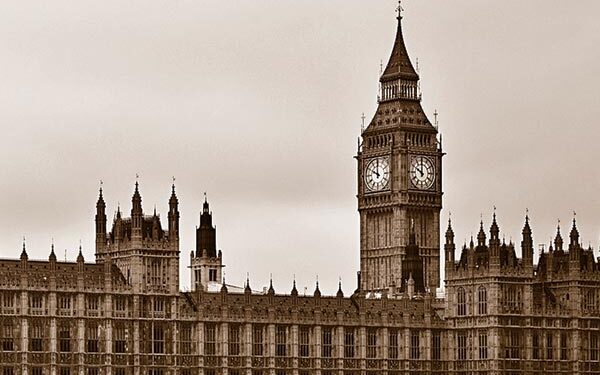The following are the excerpts of the proceeding in House of Lords on the impact of oil and gas windfall tax on investments and jobs, and the transition for achieving net zero objectives
Government introduced the energy profits levy to respond to exceptionally high prices that mean that oil and gas companies are benefiting from extraordinary profits

Lord Bellingham (Con)
MY Lords, in concurring with the noble Lord, Lord Bruce, in his statement that oil and gas are a vital part of transition to net zero, can I ask the Minister what the situation is with the Rosebank oil project, which is a worldclass asset and one of the largest of its kind anywhere in the world?
Lord Callanan (Con)
I thank my noble friend for the kind invitation to respond to that. He will understand that I cannot comment on licensing decisions.
Baroness Blake of Leeds (Lab)
My Lords, analysis of the Office for Budget Responsibility data in May this year showed the extent to which oil and gas firms were able to reduce their energy profits levy while still making record profits. Between this loophole, the decision against a 78% rate and the decision not to backdate to catch all the surging profits, it is estimated that over £10 billion of potential tax will be missed between 2022-23 and 2023-24. I ask the Minister: have the Government given any consideration to fixing the levy to deliver the full benefits proposed since these figures came out?
Lord Callanan
I do not know where the noble Baroness gets her figures. I responded in my previous answer to the question about investment allowances—policies that the Opposition have called for. The energy profits levy is expected to raise about £26 billion and is set at a rate of 75%, which is one of the highest in the world. I realise that the Labour Party’s policy is to tax firms into extinction, but we need to leave them with some profits. Much of the profits of oil and gas companies goes towards pension funds and other shareholders which many pensioners and others rely on for their income.

Baroness Sheehan (LD)
My Lords, the IEA’s report World Energy Outlook 2022 is clear that the solution to the energy trilemma of economic, climate and security issues is to accelerate the move to greener energy. For us in the UK, among other things, that means urgently equipping our workforce with transferable skills for the energy transition. What are the Government doing to make sure that a single offshore energy skills passport that aligns training standards in all offshore energy sectors is introduced?
Lord Callanan
The noble Baroness is essentially right: of course we need to transition to renewable energy sources, and that is exactly what we are doing. The North Sea transition deal between the Government and North Sea companies is helping to move them, as far as the transition is going, to transfer their skills to many of the new industries. For example, many drilling companies operating in the North Sea also drill geothermal heat sources to use for renewable energy. The two things are not mutually incompatible.
The Lord Bishop of Bristol
My Lords, what assessment is the North Sea Transition Authority making of the alignment of company commitments, especially on net- zero targets covering scopes 1, 2 and 3, over the short, medium and long term as well as company alignment on capital expenditure towards those targets? Can the Minister assure us that, before licensing any expansion in North Sea exploration, the authority will factor this into consideration when judging projects under alignment with the UK’s net-zero legal commitment?
Lord Callanan
As I said in response to a previous question, I cannot comment on any licensing decisions—we will know about them before too long—but I can assure the right reverend Prelate that all the appropriate considerations are being taken into account by the Government and the North Sea Transition Authority on the issuing of those licences.

Lord Rooker (Lab)
I agree 100% with the Government’s nuclear policy but, bearing in mind that we want the success of renewables and the end of oil and gas, what assessment has been made of the fact that by 2050—which is not that far away—when the oil and gas is gone, we will be relying on nuclear for intermittency? That will leave the nuclear situation as a stranded asset, because it really does not work that way; it has got to be a formal baseload. Once the rest has gone and we are on renewables and left with nuclear, how can it be intermittent?
Lord Callanan
I totally understand the point the noble Lord is making. …He is asking for long-term energy storage; the answer is hydrogen. We can store large quantities of hydrogen— some really exciting projects are coming forward—and it can then be burned, with no emissions, in a power station to provide the supplies that we will need when the wind is not blowing and the sun is not shining.
















